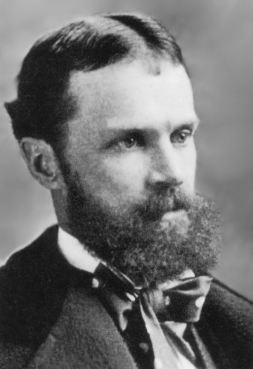Everybody puts on the brakes before acting when they consider what others will think.
I would guess that many refuse to do what is best because of what they think.
I am often amazed at how each man loves himself more than others, but cares more for the opinions of others than of himself. If a god should appear to a man, or a wise teacher and charge him to cease to think or imagine anything which which he would not make known as soon as he thought it, he would not last one day [without breaking the command]. This is because we have more respect for the thoughts of others about us than for our own thoughts of ourselves. Marcus Aurelius, Meditations, Book XII Chapter IV*
Πολλάκις ἐθαύμασα πῶς ἑαυτὸν μὲν ἕκαστος μᾶλλον πάντων φιλεῖ, τὴν δὲ ἑαυτοῦ περὶ αὑτοῦ ὑπόληψιν ἐν ἐλάττονι λόγῳ τίθεται ἢ τὴν τῶν ἄλλων. ἐὰν γοῦν τινα θεὸς ἐπιστὰς ἢ διδάσκαλος ἔμφρων κελεύσῃ μηδὲν καθ αὑτὸν ἐνθυμεῖσθαι καὶ διανοεῖσθαι ὃ μὴ ἅμα καὶ γεγωνίσκων ἐξοίσει, οὐδὲ πρὸς μίαν ἡμέραν τοῦτο ὑπομενεῖ. οὕτως τοὺς πέλας μᾶλλον αἰδούμεθα, τί ποτε περὶ ἡμῶν φρονήσουσιν, ἢ ἑαυτούς.
Is it true? Do we care so much more for what others think about us than what we think?
I once told a group of students before an SAT to get some water, splash their faces, do some pushups or jumping jacks, or whatever it took to wake up before we started the test process. I said that wasting money taking this thing while drowsy was a bad idea. I then said, “Never be afraid to do what makes you look weird to be the best.” Several years later a student contacted me because that line changed how she approached excellence.
Peer-pressure can actually be a good thing. But too often we imagine that somebody might think something bad about us. That they might be offended by us. That they might think we’re silly. Most people forget almost every thought they have throughout the day. And most people are terrible at reading others. These thoughts that people may have are just fiction, wraiths, figments in the ether. They’ll be covered by the sands of time or they will never exist at all. Yet, many are ruled by their fear of the thoughts of others. The fear of man, as it’s been said, is a snare.
* Here is a more professional translation:
4. It never ceases to amaze me: we all love ourselves more than other people, but care more about their opinion than our own. If a god appeared to us— or a wise human being, even— and prohibited us from concealing our thoughts or imagining anything without immediately shouting it out, we wouldn’t make it through a single day. That’s how much we value other people’s opinions— instead of our own.
Aurelius, Marcus. Meditations: A New Translation (Modern Library) (Kindle Locations 2489-2492). Random House Publishing Group. Kindle Edition.

